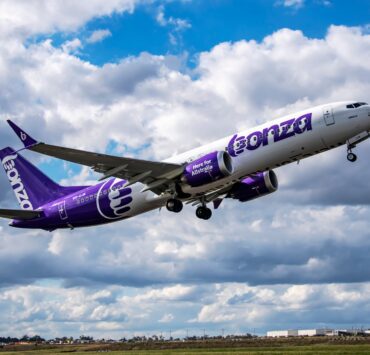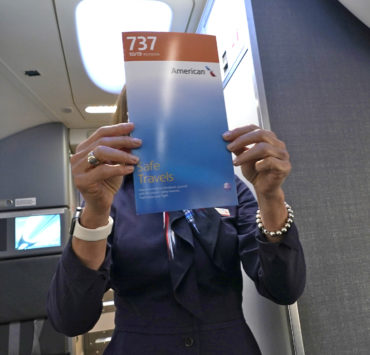
Canadian airline Westjet says it is prepared to disrupt its own operation and potentially ground thousands of passengers by locking its aircraft engineers out of the carrier’s maintenance hangars.
On Saturday, Westjet issued the union that represents its engineers a 72-hour lockout notice which will effectively bar workers from entering their workplace.
In Canada, a lockout notice is essentially the opposite of an employee-initiated strike, in which the employer closes the workplace and stops paying its employees until a new contract has been reached with the union.
If Westjet fails to come to an agreement with the Aircraft Mechanics Fraternal Association by midday on Tuesday, May 7, then the airline’s engineers will be locked out of the workplace and go unpaid until Westjet lifts the lockout notice.
“The decision to issue a lockout notice was not one that was made lightly, and we sincerely regret and apologize for the uncertainty this causes for our guests and the communities and regions that rely on us,” commented Diederik Pen, Westjet’s president and chief operating officer.
“Despite our unwavering commitment to reach a collective agreement, AMFA continues to show up to the bargaining table with unreasonable demands and expectations,” Pen continued.
Westjet and AMFA have been trying to negotiate a new contract since September 2023, with Pen claiming that Westjet’s offer would make its engineers the highest paid in Canada by the end of the agreement.
The decision to issue the lockout notice was, Westjet claims, made following threats by AMFA to hold a strike vote. The union, however, said on Saturday that is has been working “tirelessly” to reach an agreement with Westjet and that progress continues to be made in those negotiations.
“While we were dismayed the Company decided to interrupt the negotiating progress to deliver its lockout notice, we are not deterred from our ultimate goal of reaching an agreement,” AMFA explained in a statement.
Although disruption isn’t guaranteed at this stage, Westjet is preparing for the possibility of mass flight cancellations which could strand thousands of passengers.
Matt’s take
Strike threats aren’t uncommon during contract negotiations within the aviation industry, although the ease with which employees can actually initiate industry action can vary massively from country to country.
In Europe, Lufthansa was left with a €350 million bill as a result of a wave of so-called ‘warning strikes’ by ground workers and cabin crew that required very little notice and few legal obstacles to overcome.
Contrast that with the United States, where flight attendants at American Airlines are desperately lobbying lawmakers to allow them to take part in strike action but where the current rules make it all but impossible despite crewmembers voting overwhelmingly in favour of a walkout.
Then we have Canada, where workplace rules allow airlines to lock out their own employees as a form of negotiating tactic that flips the concept of a strike on its head. It’s certainly a high-risk manoeuvre that could disgruntle many customers who are caught up in the ensuing disruption.
Mateusz Maszczynski honed his skills as an international flight attendant at the most prominent airline in the Middle East and has been flying throughout the COVID-19 pandemic for a well-known European airline. Matt is passionate about the aviation industry and has become an expert in passenger experience and human-centric stories. Always keeping an ear close to the ground, Matt's industry insights, analysis and news coverage is frequently relied upon by some of the biggest names in journalism.










Those who fail to learn from history are doomed to repeat it. AMFA represented Northwest mechanics and aircraft cleaners into a strike in the early 2000’s. As you point out the process is a little different in the US due to the Railway Labor Act being law over airline contracts. But both sides were released to “self help”. NWA chose to contract out the cleaners, and replaced the mechanics with new hires replacing the strikers. A lot of those new hires are Delta employees today.